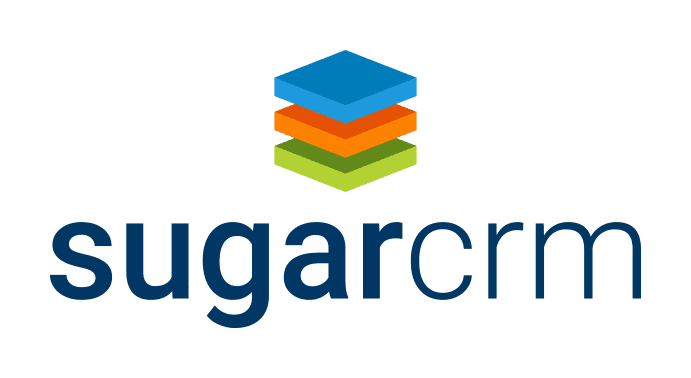Oracle announced that it will acquire NetSuite and it’s OneWorld ERP product at the end of July 2016 for approximately $9.3 billion. NetSuite claims to be the world’s fastest growing ERP product and they’re likely telling the truth as they’ve experienced tremendous growth over the past few years.
The relationship goes back to NetSuite’s beginnings as NetLedger. Developed and launched in 1998 by Evan Goldberg, one of NetSuite’s main investors early on was Oracle founder and CEO Larry Ellison who infused $125 million into the fledgling accounting software company. In fact, Oracle marketed NetLedger as Oracle Small Business Suite in 2000 but discontinued the relationship shortly after.
NetSuite continued to grow and went public in late 2007 paving the way for a series of acquisitions to bolster it’s somewhat light feature set. Main acquisitions started in 2008 with OpenAir for time and expense, QuickArrow for professional services automation (project-based accounting), Retail Anywhere (eCommerce), TribeHR (HRMS), LightCMS for content management, Venda (another eCommerce vendor), eBizNET for warehouse management, and the final acquisition of Bronto for email services in 2015.
So why did Oracle buy NetSuite? Because it made perfect sense. Oracle eBusiness Suite does not scale down to the midmarket. It’s designed principally for the largest of businesses in the world. NetSuite sits just on top of the entry-level accounting segment and scales very well from the small and medium sized business (SMB) to the lower end of the small and medium enterprise (SME) market with almost no overlap on Oracle’s existing footprint in the market. Further, both products target the same general industry segments providing a great feeder system for companies that start with NetSuite and grow into Oracle eBusiness Suite.
So what’s the future for NetSuite? According to current Oracle CEO Mark Hurd, “Oracle and NetSuite cloud applications are complementary, and will coexist in the marketplace forever. We intend to invest heavily in both products—engineering and distribution.”
So while the ERP market consolidation of the late 1990s into the 2000s was all about buying market share – this acquisition is very different and we believe that Oracle will indeed invest heavily in NetSuite unlike Oracle’s investments in its former acquisitions which left them with PeopleSoft and JD Edwards. We will say this about Oracle – they’re smart. They leveraged PeopleSoft’s strengths to improve their product back then and we see a lot of synergies between Oracle and NetSuite that will likely result in a much stronger product in the long run.
We’ve evaluated NetSuite before and the feature set has grown significantly. Still, NetSuite is not the strongest manufacturing ERP system available. In 2010, NetSuite announced NetSuite Manufacturing Edition which was a partnership between the company and unknown ERP provider Rootstock on NetSuite’s cloud platform and included MRP, engineering, shop floor control, manufacturing costing, project control, lot and serial tracking, and more.
NetSuite Manufacturing Edition was really designed for project-driven, engineer-to-order manufacturers. This shouldn’t surprise anyone since it’s founder is Pat Garrehy, former founder of Relevant Business Systems which focused on the same manufacturing market segment and was acquired by Consona (now Aptean) in 2006. Aptean is the company that today owns Made2Manage, Intuitive Manufacturing, Axiom, Cimnet, Compiere (open source), DTR Software, Encompix, and Ross Systems. We’re not that close to the NetSuite community but apparently something went awry with the Rootstock-NetSuite relationship as Rootstock has been touting Salesforce.com as their preferred platform for the past several years.
Our take on the Oracle acquisition? Nothing really changes in the short term for existing customers. We don’t see Oracle making tremendous investments in manufacturing for several years so NetSuite is like to remain a smaller player in the manufacturing market but will continue to compete effectively in wholesale distribution and professional services as well as retail with their strong ecommerce platforms.

